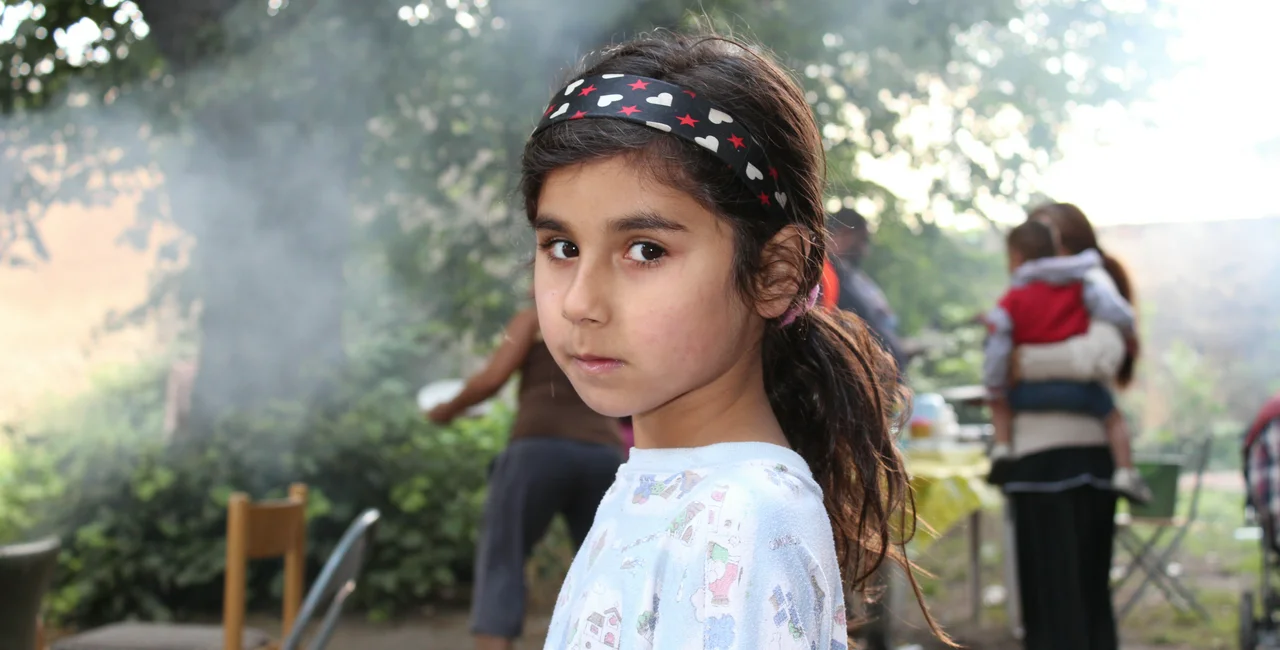Czech Government Commissioner for Roma Minority Affairs Lucie Fuková has strongly condemned recent comments by Ostrava-Přívoz Deputy Mayor Alena Pataky, calling them “unacceptable and offensive.” Pataky had suggested that Roma children’s “genetic predisposition” made them unsuitable for non-segregated schooling, an assertion Fuková dismissed as harmful and unfounded.
Pataky, representing the ANO party, made the controversial remarks while discussing segregation in education within her district in Ostrava, a city in northern Moravia.
The politican claimed that Roma children’s “mentality” had remained unchanged since the 13th century and suggested that their primary life goal was not education. Pataky also argued that these children struggled to keep up with the pace of learning in integrated schools, and that providing them with school buses would be prohibitively expensive.
In response, Fuková emphasized that Roma children face systemic barriers in education, not due to any inherent genetic differences.
“Roma children face deep-rooted stereotypes and prejudice from teachers and classmates,” Fuková said. “These obstacles hinder their academic success, and it’s crucial that we address these disparities rather than perpetuate harmful myths about genetic determinism.”
Harmful rhetoric fuels misunderstandings
Government Human Rights Commissioner Klara Klára Šimáčková Laurenčíková also weighed in, calling Pataky’s statements both unethical and damaging. “Attributing a group’s educational challenges to ethnic or genetic predisposition deepens societal divides,” she stated. “Such rhetoric only fuels misunderstanding and reinforces divisions.”
Both Fuková and Šimáčková Laurenčíková stressed the importance of desegregating Czech schools, arguing that inclusion benefits not only disadvantaged children but society at large. They highlighted that school performance is heavily influenced by a child’s environment, and children from disadvantaged backgrounds require additional support to thrive in the education system.
🌟 Customer Care Specialist FR – Prague 🌟

Šimáčková Laurenčíková pointed out that it is essential for schools to accommodate the individual needs of students.
“The notion that all children should be treated equally, regardless of their personal challenges, has been proven false,” she said. “Just as we would never expect a child in a wheelchair to perform at the same level without support, we cannot expect Roma children to succeed in an environment that does not meet their needs.”
EU sends a warning
The ongoing issue of segregation in Czech schools is reflected in the data. According to Desegregace.cz, 12 percent of Roma children—around 4,200 students—are placed in special schools for children with mild mental disabilities, compared to just 1.3 percent of non-Roma children.
Furthermore, Roma students made up more than a third of the student body in 136 primary schools in Czechia in 2020-2021. In 77 schools, Roma children comprise the majority, with figures showing over 75 percent of students in 32 schools and more than 90 percent in 17 schools.
In October of 2024, The European Commission issued a formal notice to Czechia for failing to comply with EU anti-discrimination laws. It pointed out that Roma children continue to be disproportionately placed in schools for children with disabilities or separate classes, despite efforts to reform the system.
The move has been welcomed by the Czech Roma community, with Roma rights group RomanoNet acknowledging that the continued segregation of Roma children is contrary to European norms and must be addressed.
"The European Commission's call should be seen as a final warning. The Czech Republic must take concrete measures to remedy this situation and ensure that no child is discriminated against based on his or her ethnic origin,” Michal Miko from RomanoNet, a network of organizations supporting Roma rights, told Romea.cz.













 Reading time: 3 minutes
Reading time: 3 minutes 



 English
English
 Italian
Italian
 Swedish
Swedish
 Polish
Polish
 Spanish
Spanish
 Slovenian
Slovenian























